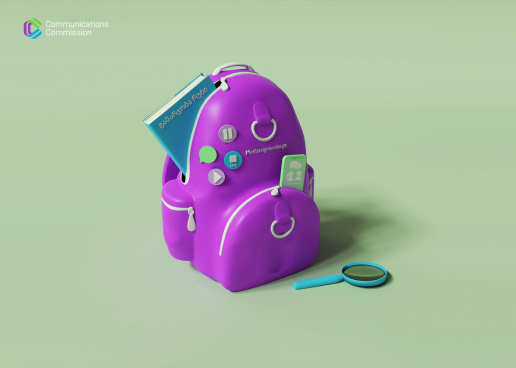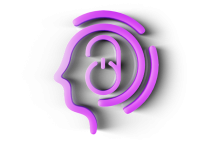Media literacy projects implemented by the Communications Commission in 2020 involved school pupils, students and ethnic minorities

Throughout 2020, the Communications Commission implemented important measures designed to enhance media literacy among the public. In cooperation with the Ministry of Education and Science, the Commission expanded the target audience to include not only school pupils, but also students and academic staff from public and private universities. Due to the pandemic, media literacy training and learning courses took place online.
Over the course of 2020, approximately 700 students from the Business and Technology University, Tbilisi State University, Batumi State University and Samtskhe-Javakheti State University took part in media literacy projects, deepening their knowledge about digital literacy, cybernetics and the basics of media literacy.
In 2020, the Commission held the first edition of the media literacy contest “Truth or Fiction?” for bachelor’s degree students. The Commission received a total of 120 entries for the contest. Successful students received training using learning materials from the BBC Academy and the programme created by the Media Literacy Department of the Communications Commission. They obtained the status of trainers and will be able to train pupils at schools in the future.
The Commission also organised the third edition of the “Truth or Fiction?” contest for 9th, 10th and 11th grade pupils in 2020, with up to 200 pupils taking part. As part of the contest, the Commission held online trainings for more than 200 pupils in 10 public schools for the purpose of developing media literacy.
To protect young people from harmful online content, the Commission implemented the following important projects:
The “Happy Onlife” project was successfully continued – an online app that uses fun methods to teach children and youth how to use digital media safely and responsibly . The app has already been downloaded 9,000 times.
Another project that was successfully continued is “Hello Ruby” – a Finnish series of books designed to develop the basics of programming, computer science and code-writing, as well as critical thinking and analytical skills among primary school pupils. Due to special interest and demand for the Finnish book series, the Communications Commission and the Ministry of Education and Science trained 50 additional teachers in 2020 using the methodology developed by the “Hello Ruby” author Linda Liukas.
The project “Media Economics” , which teaches 10 to 15-year-old pupils unique approaches of media economics and ways of identifying online threats. In 2020, the Communications Commission updated the project syllabus and devised new learning materials for school pupils that formed the basis for the training of more than 100 teachers and ‘new school model’ coaches.
In 2020, the Communications Commission identified ethnic minorities as a significant target group for promoting media literacy. The Commission devised new learning materials for ethnic minorities with the objective to fight against the impact of stereotypes, misinformation and harmful social media content by developing and employing media literacy skills. As part of the training, more than 100 members of the civil society received the opportunity to deepen their knowledge and learn about the essence and principles of media literacy.
Successful media literacy projects pawed the way for the Communications Commission to implement the EU project “The challenge of disinformation: promoting critical thinking in education”
in 2021. The Commission received the appropriate funding from the EU Delegation in Georgia in 2020. As part of the project, teachers from public schools and vocational institutions in Tbilisi and the regions, including areas with significant ethnic minority populations, will participate in media literacy trainings.










